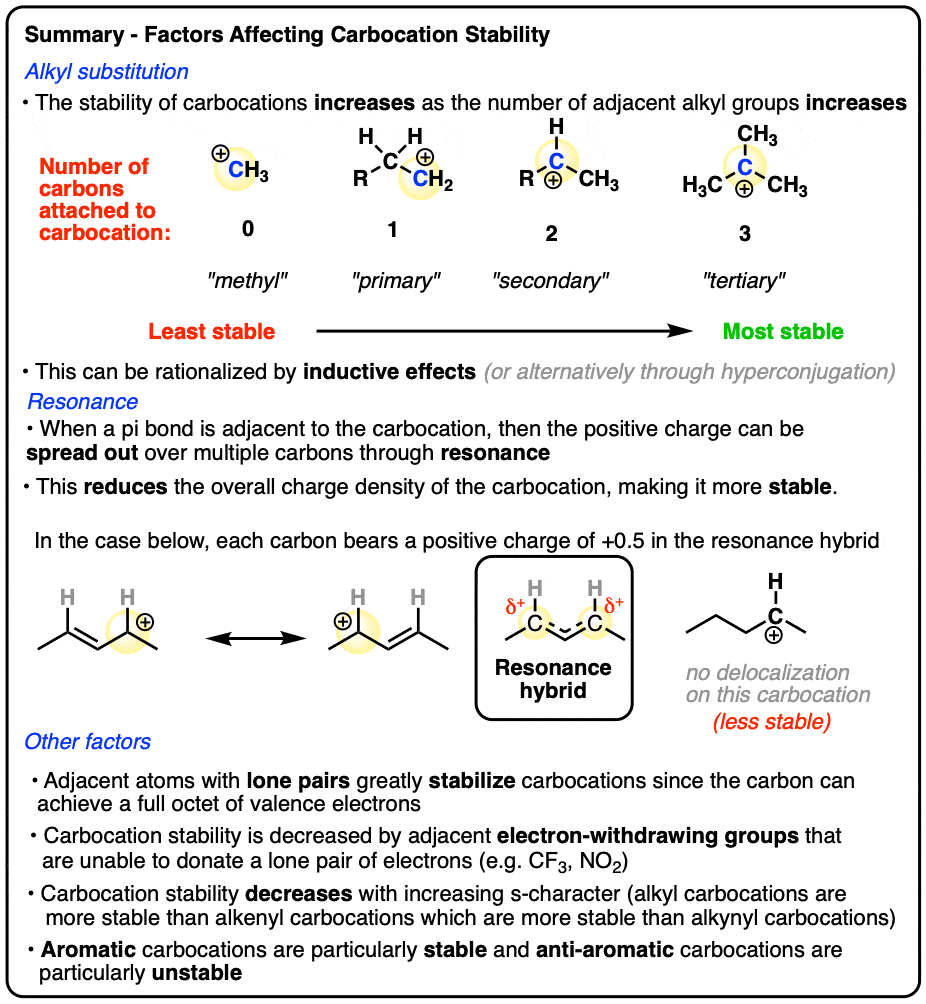Electronic effects and Reactive Intermediates
I began revising the topic and can someone explain why cyclopropyl methyl carbocations are more stable than benzylic carbocations? There are no π-electrons in the cyclopropyl group to move towards the (+) charge on the methyl like in a phenyl group, so I don't get ir
